GST VOICE OF VARs DELHI
By MYBRANDBOOK
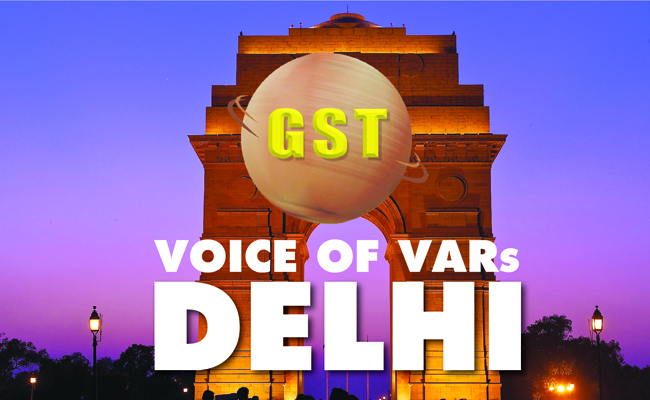
India is amongst the fastest growing economies of the world, GST- the unified tax system that is set to revolutionize indirect taxation in India is finally here. Some of its key proposed advantages are streamlining of tax payments, reduction in tax frauds, and ease of doing business.
The manufacturing sector in India contributes a mere 16% to the overall GDP. However, the potential to make this a high-growth and high-GDP sector is huge. The “Make in India” campaign by Prime Minister Narendra Modi makes this possibility a reality, by giving impetus to the sector. It provides a unique opportunity to streamline business operations to become more compliance and profitability-oriented, rather than tax-oriented. It puts power in the hands of business leaders to bring about positive change and steer their enterprises on a growth path, powered by GST-compliance.
Second, the retail trade contributes an estimated amount of more than $600 billion to the economy. The impact which GST, the unified indirect tax structure introduced by the Government, brings on such a major economic lever will be highly significant.
But when it comes to implementation of GST, the small and midsized business are facing challenges in their day to day operations, especially in the IT industry. Various challenges have come to surface and the businesses are getting affected. Here are the views of VARs (Value Added Resellers) of Delhi:
 Alok Gupta
Alok Gupta
Managing Director, Unistal
We were eagerly waiting for introduction of GST because we were always of the firm view that there should be One Nation, One Tax and less work. We appreciate the government for introducing GST. The move was in the right direction, but in our business we have found one thing that, while the government was planning to introduce GST from 1st of July, their own department and PSUs were not GST ready. Two things that were very negative when it comes to businessman, System Integrators, Implementation Partners or Solution Providers that whatever agreements were there along with the taxes, they should be simply converted to the basic cost plus GST. But a lot of jugglery took place and it was very disappointing. Another thing is that, after the implementation of GST till now, all the old agreements of VAT and service tax regime have not been converted to GST. It resulted in a lot of negativity in the businessman’s mind that the government was not ready for GST, but they implemented it.
The Government has always said one nation, one tax and one number. India is one country, you have got one tax implemented if I have taken a GST number it should be applicable all over the country. You are implementing it through software, charge one tax from us, get it deposited and bifurcate the tax through the help of software you have implemented and give it to that state.
 A. Singh
A. Singh
Managing Director, Computer Land
GST started on a very good note. It was told that GST will simplify doing business but that did not happen. It was being given to understand that the introduction of GST will result in ease-of-doing business, but it has become difficult to transact business. The implementation of GST is like a complex mathematical exercise – IGST, CGST, STGST. It has become very complex. With GST, there is a general sentiment which has hit people. People who were doing mid size business they think that their business has gone down, compliances have become very complex, people are afraid to do transactions. Since there business is going down, they do not want to spend money.
One GST code should be able to do business all across the country. Second, no CGST, SGST, etc but it should be one tax. The division of tax by way of GST between the Centre and states should be taken care by the government.
 Rajiv Gupta
Rajiv Gupta
Director, Park Network
At the beginning, we were facing some problems, but now it has become easy. Earlier, challenges were system related, documentations, etc. Still, another challenge is material lying with us before 30th June. A lot of money is stuck up in GST before 30th June which has still not been recovered after six months. The suggestion is to make the system simpler and return over money which was already stuck up in the system, make the system so fast that we can recover the money on time.
 Himanshu Gupta
Himanshu Gupta
Business Owner, SSDN Techsolutions
GST theoretically is a good regime, aimed at plugging in various tax gaps and tax evasion possibilities. But, practically, the compliance has become a very big issue. The whole question of ease-of-doing business is under a scanner. It has become very difficult to do business these days. Second, the whole liability of first point taxes previously has now been shifted to the latter channels of the business. So the gap that we identify here is that we do not see a complete shift of liability moving from the first point to the latter channels. GST is not a pure indirect tax. It has a direct income component link also. So now the business is under a big tax stress. GST needs an income tax reform as far as direct taxes are concerned. If the idea is ease of doing business, then it has to be simplified.
 Sewak Nautiyal
Sewak Nautiyal
Managing Director, Spark Technologies
As of now, we transfer the data from our software to excel sheet and then upload the sheet on GST site. But the data is not being accepted at the site or you have to upload it multiple times. So this is a concern about GST. Another concern is after uploading the data, the portal is not updating it for the next 48 hours.
There are different tax slabs of 12%, 18% and 28%. For small integrators, different products are selling on different tax slabs. So he gets confused about what percentage of service tax is to be charged. Due to this confusion, the business is getting impacted. There should be one tax slab for GST which will make easy for all businesses to follow that format.
 Mohit Aggarwal
Mohit Aggarwal
Proprietor, Eurotech Infosys
GST is a good initiative but if you see in the taxation part the IT taxation is very high. In IT products, the government is charging 18% tax. The Digital India initiative of Prime Minister Modi encourages the adoption of IT products so the tax should be at 12% rather than 18%. After GST, we are observing a crunch in the market and the sales are going down. We expected that the sales should be 4-5 times as there are a lot of compliances in GST and nobody can do it through mobile and because of that the sales should increase but it has not happened.
 Anuj Modi
Anuj Modi
CEO, Modi Infosol
Overall, what we presume is GST to be very positive from our organization point of view. GST has helped us in many ways in terms of reducing the complexities, C Forms, F Forms and also in reducing the number of bills that we had to initiate in terms of multiple states. But some problems still persist. As in UP, we still need a road form to enter the state. There are challenges but it has still now helped us in doing business easily. We foresee growth in business in the upcoming year because GST is also taking its own sweet time to settle down. There have been multiple factors in the market like demonetization and people who are buying products from us. They are facing a lot of challenges. For these basic issues business has gone slightly down towards the consumer side but commerce is growing due to GST and digitization.
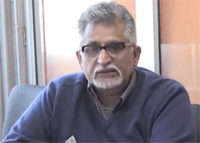 Saket Kapoor
Saket Kapoor
Managing Director, Green Vision
I see a drastic change from VAT days to the current GST regime. The interaction with my Chartered Accountant or accounts department has actually increased. It is my first observation as far as GST is concerned. Second, a lot of compliances and adherence to various rules have cropped up which was earlier not there in case of VAT. In our country, small businesses form a very large chunk and they all are affected by the GST compliances and the difficulty in raising an invoice. In the IT industry, till very recently, we have items which would be at 28% and also at 18%. This kind of anomaly as an industry has been escalated and the government considered our representation. In November 2017, after four months of the GST rollout, it was corrected. For small businesses, the biggest challenge is GST and not profitability of business. GST has complicated the way a business is to be pursued as an organization. It does not differentiate with a small business and an enterprise.
 Sunil Narang
Sunil Narang
Managing Director, Elcom Trading Company
The experience about GST is a mixed bag. The good thing is that the number of taxes has been reduced to one tax and things have improved. The bad part is the ill-preparedness of the government, portals not working, lot of documentation and paper work and the cash flow has been impacted badly with the ill implementation by the government. The accounting has been a bit simplified, but the way GST has been implemented, the first GSTR1 forms or GSTR2 for the month of July are yet to be filed. So, if the government takes six months to file first month’s returns, it clearly reflects on the preparedness of the government.
It has been much simpler if it has been implemented on the lines of other countries like Europe, US, Singapore or Dubai. They have single-point one tax and less paper work.
 P.K. Sharma
P.K. Sharma
Director, Comnet Vision
GST, a long-awaited initiative, should fare well in the long run. But at present there are a number of problems. The system is not in tune with the requirement and people are struggling to file their forms, returns, etc. Clarity is missing, deadlines are extended, etc. The date on which few things were to go could not go because of the technical issues. For example, the TRN1 which was supposed to go on 27th of December last year could not go because of technical reasons and if IRN 1 is not submitted then TRN2 will not go. Consequently, the amount of adjustment which was to be carried forward as a stock will not be available for the people. I think it is because of the technical failure as the government did not expect this kind of traffic which the system was not be able to take it and the internet conditions in India were also responsible.

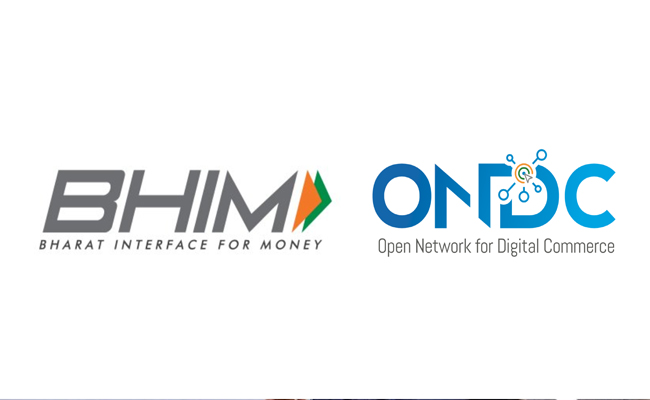
BHIM to join e-commerce, competing with PhonePe and Google Pay
The government-supported payment software BHIM is getting ready to join t...
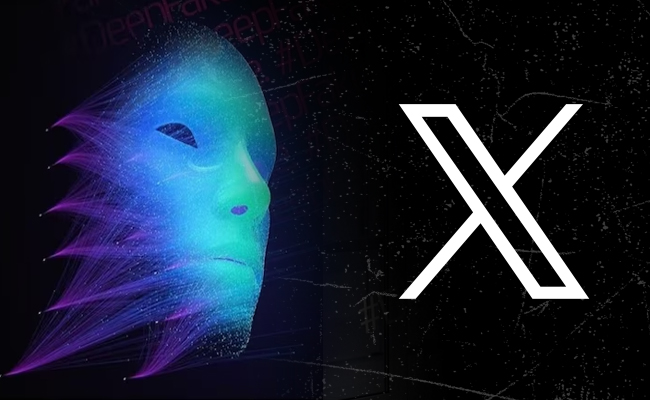
The latest version of X helps prevent deepfakes on social medi
To combat deepfakes and shallowfakes, Elon Musk revealed a new update t...
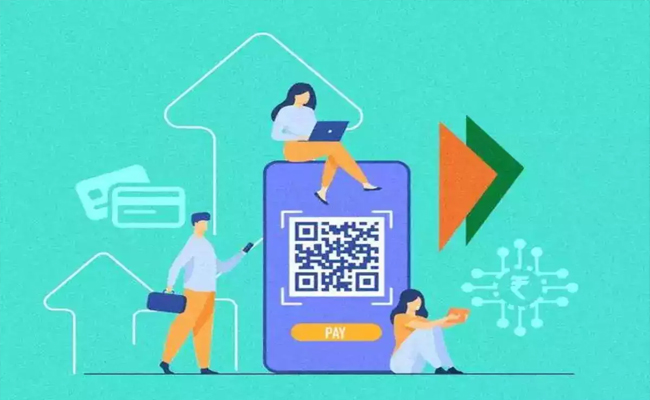
India and Namibia collaborate on a payment system similar to U
Once operational, the platform will enable digital transactions in Namibia,...

Sebi issues show-cause notices to six Adani group firms
Sebi issued show-cause notices to six Adani Group firms, including Adani ...

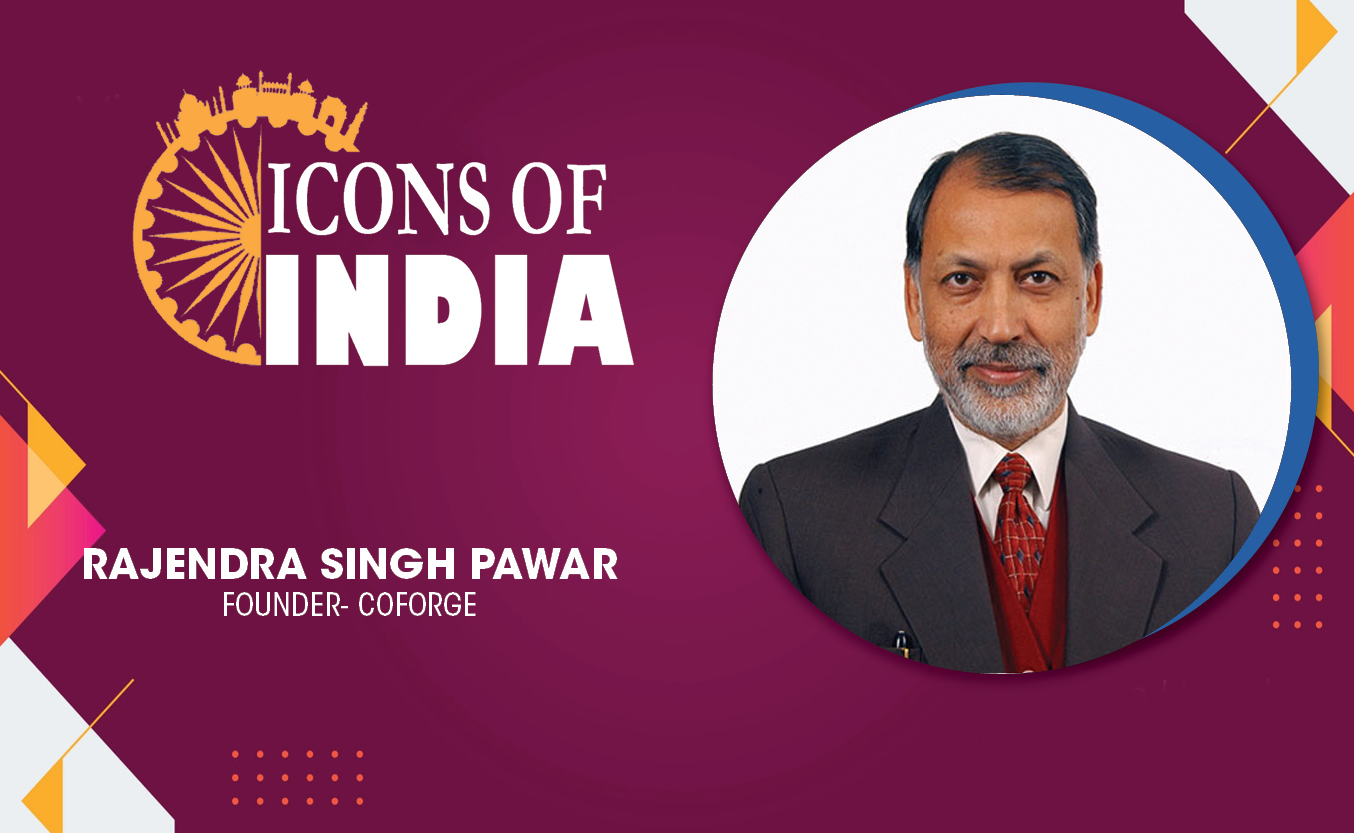
Technology Icons Of India 2023: Rajendra Singh Pawar
Rajendra Singh Pawar is an entrepreneur and businessperson who founded...
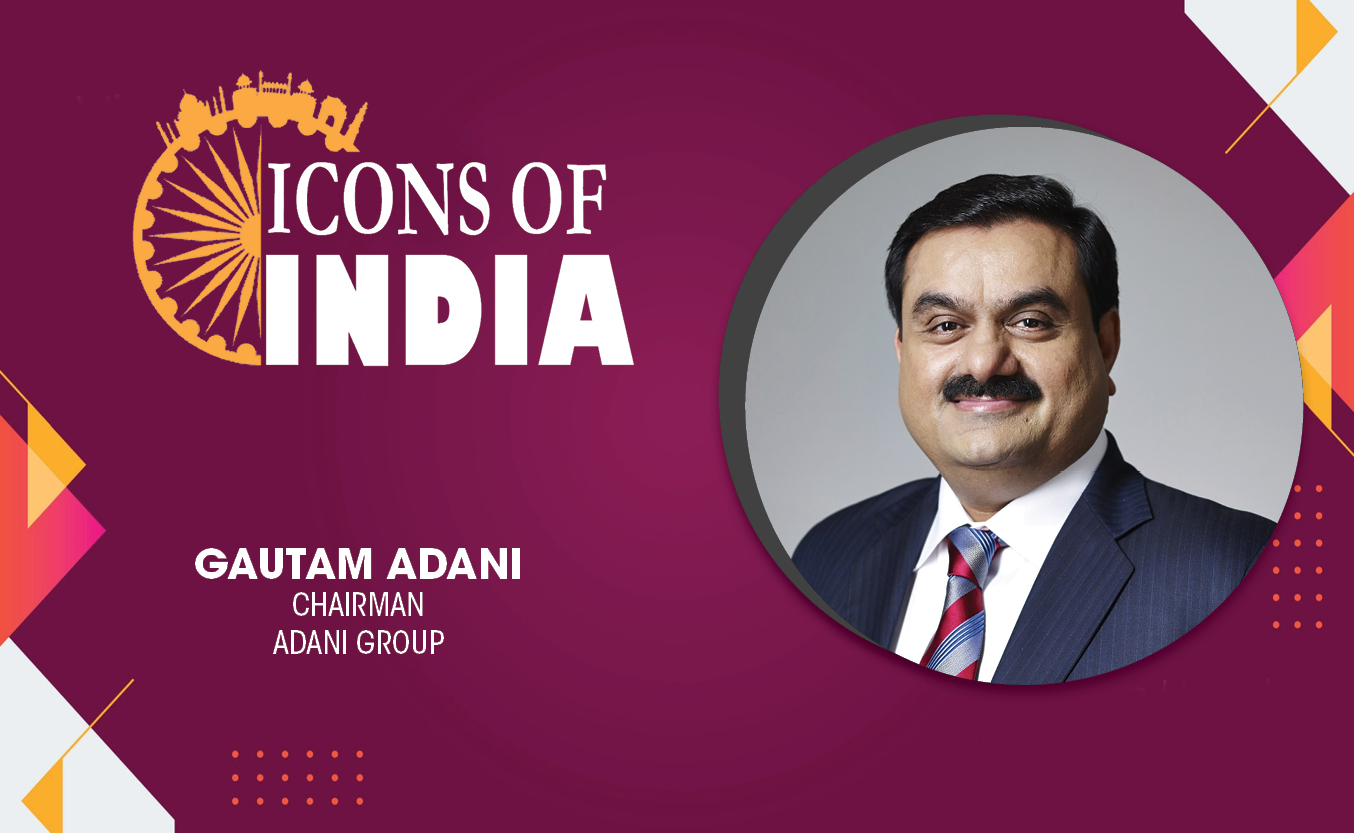
Technology Icons Of India 2023: Gautam Adani
Gautam Adani is the Founder and the Chairman of the Adani Group, an In...
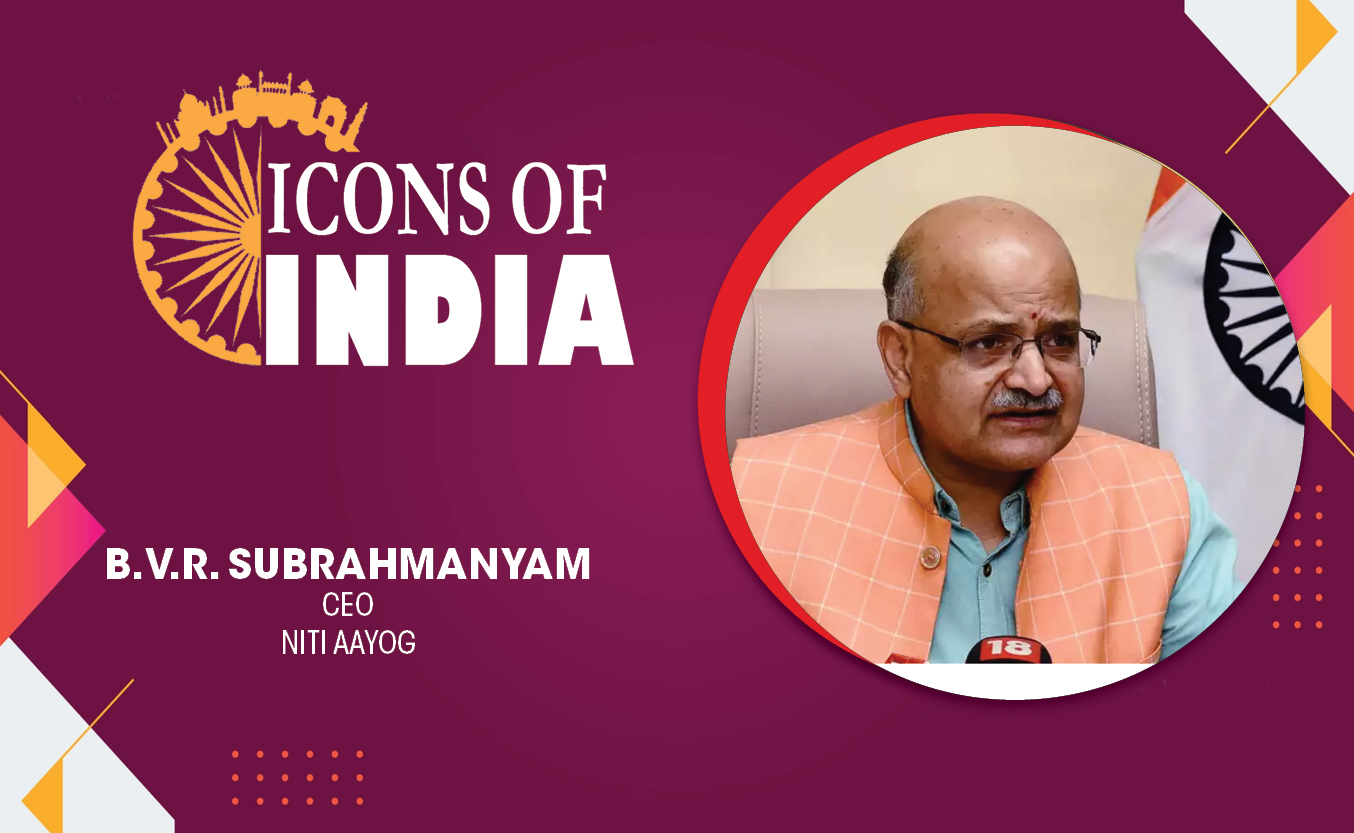
Technology Icons Of India 2023: B.V.R. Subrahmanyam
B.V.R. Subrahmanyam belongs to Andhra Pradesh. He is a 1987-batch IAS ...

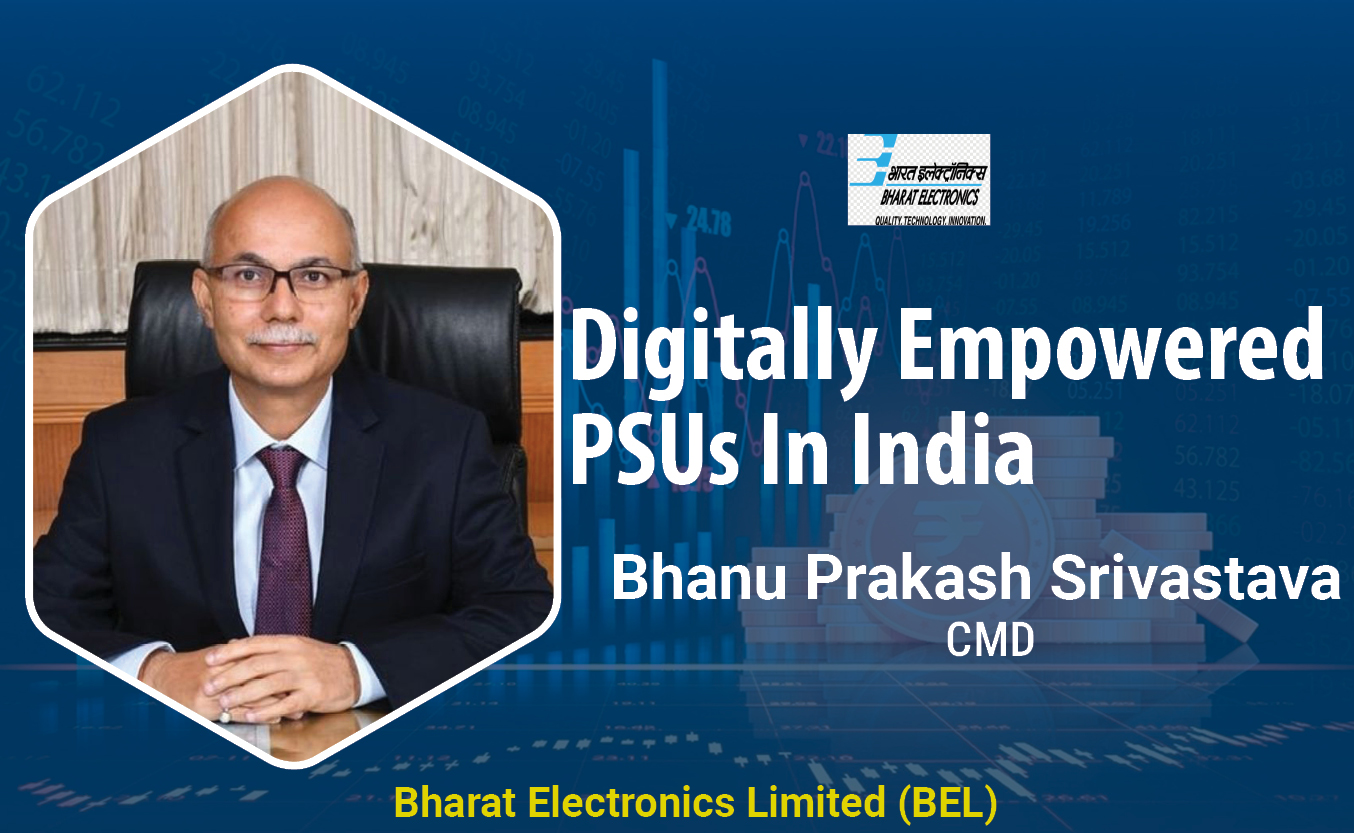
BEL leveraging next generation technologies to keep the country ahead in Defence space
Bharat Electronics Limited (BEL) is a Navratna PSU under the Ministry ...
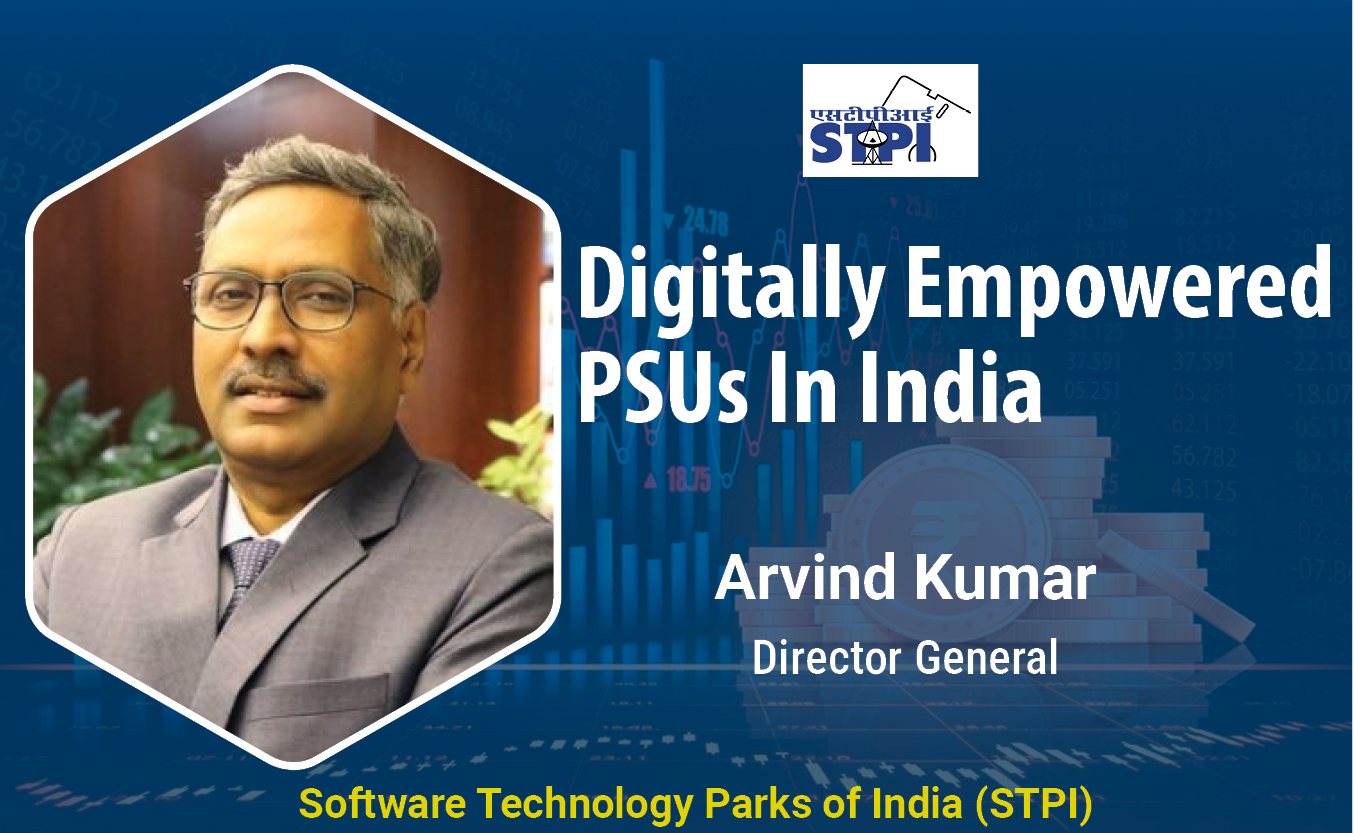
STPI encouraging software exports from India
Software Technology Parks of India (STPI) is an S&T organization under...
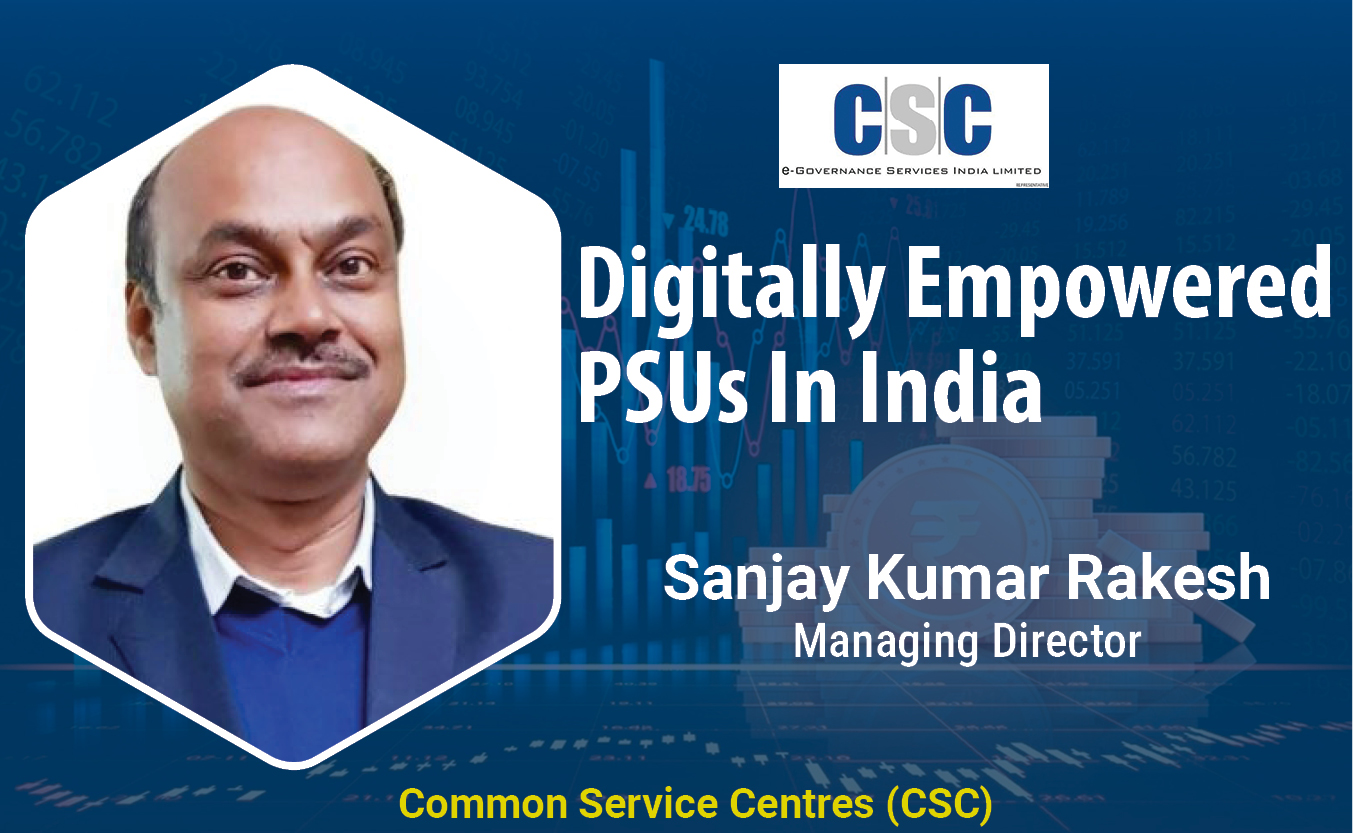
CSCs enabling rural India digitally empowered
Common service centres (CSCs) are digital access points under the Digi...

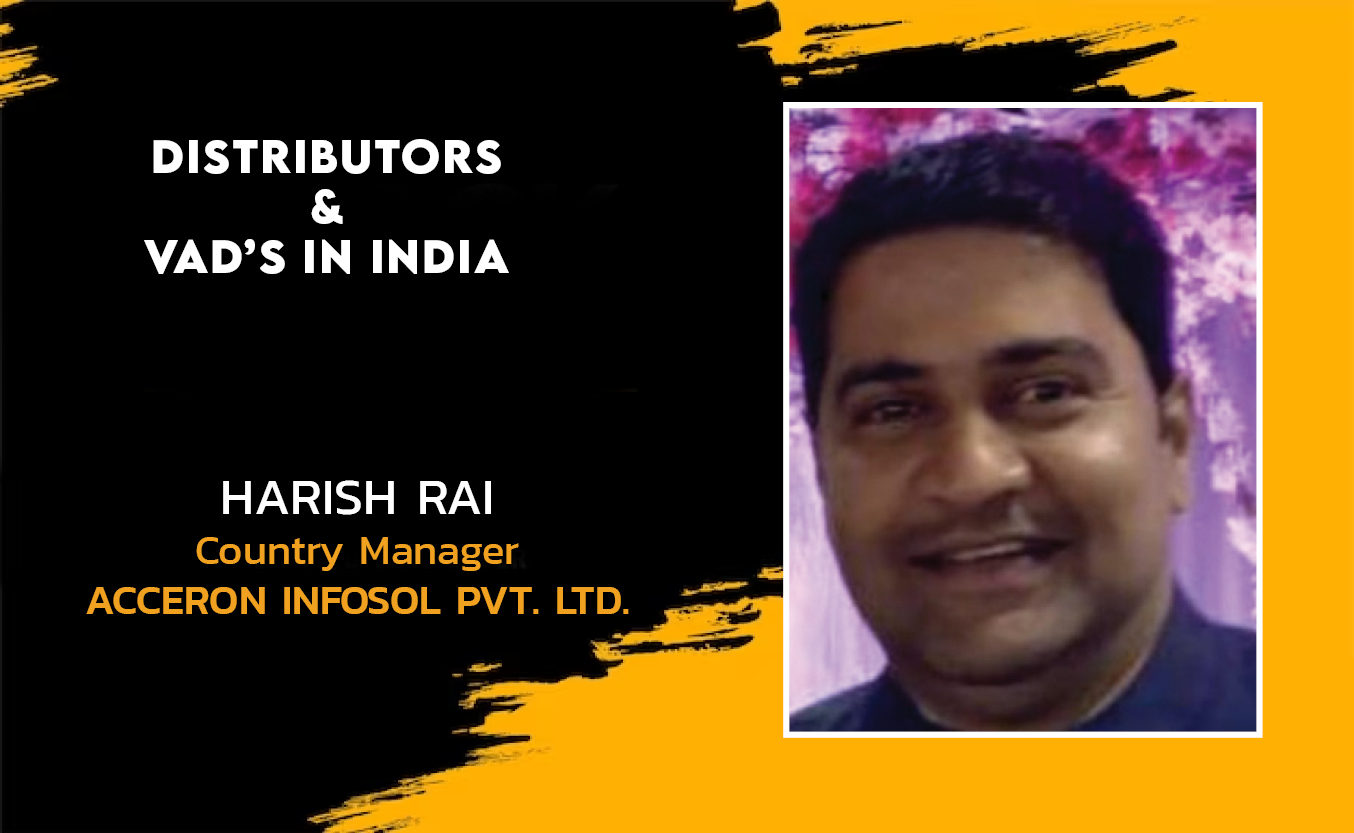
ACCERON INFOSOL PVT. LTD.
It is a leading value added distributor in the IT security space and h...
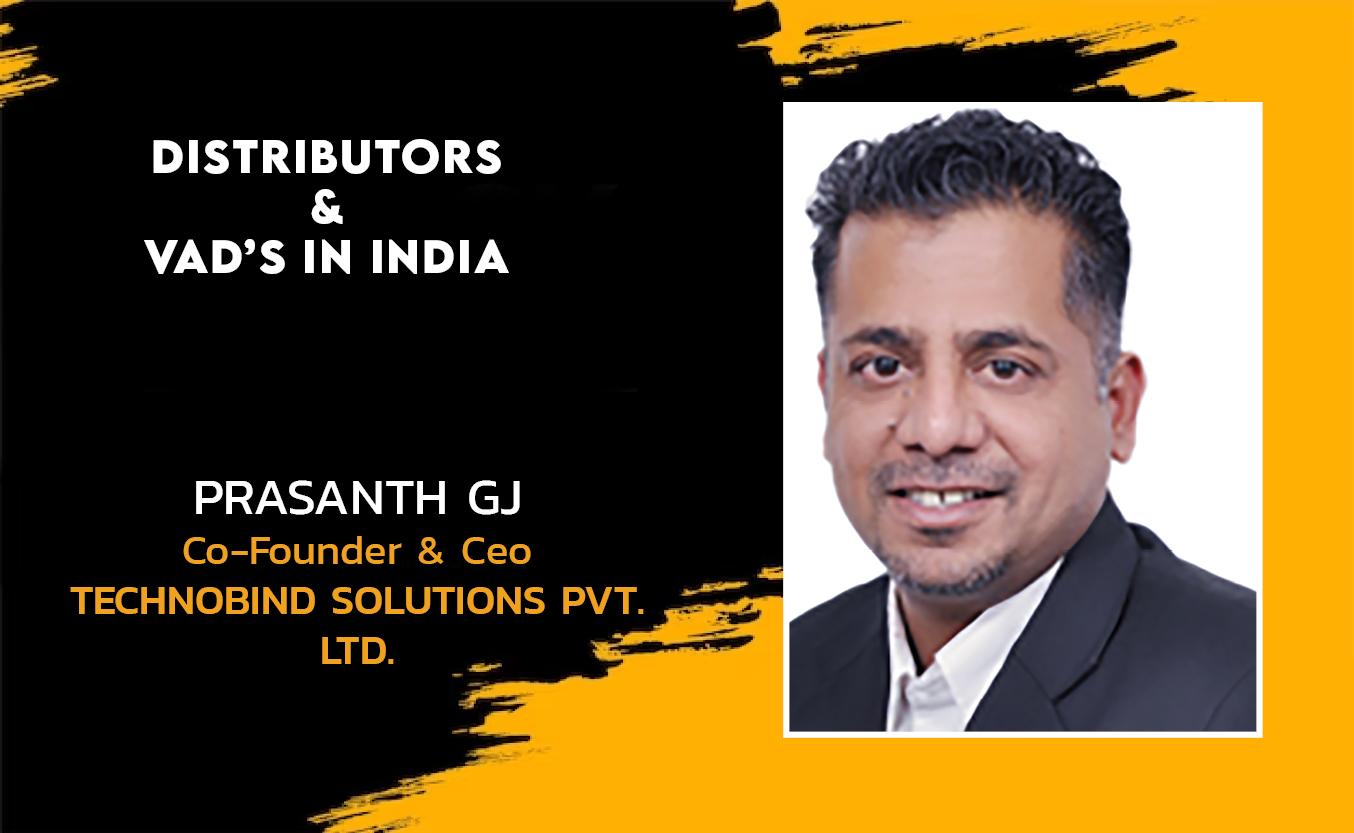
TECHNOBIND SOLUTIONS PVT. LTD.
TechnoBind’s business model is focused on identifying and partnering...
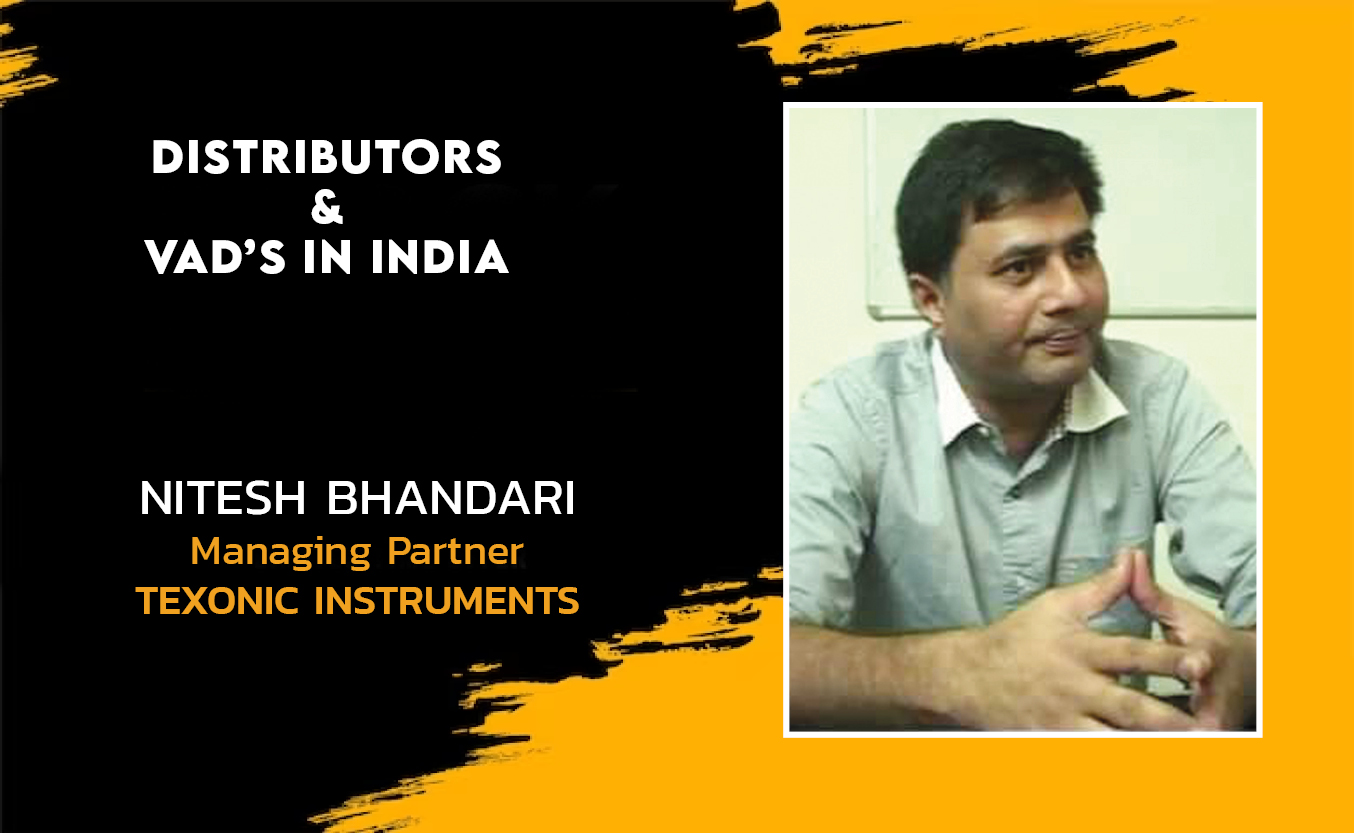
TEXONIC INSTRUMENTS
Texonic has carved a niche for itself in the Technology Distribution i...